
Yamaha CD8ADS Analogue Input Card
One of the problems with digital mixers is that they never have enough analogue inputs out of the box. For example, the Yamaha...
To find the exact phrase, put the words in quotes or join them together with a plus sign e.g. live+recording or "live recording".
To find, say, all live recording articles that mention Avid, enter: live+recording +avid - and use sidebar filters to narrow down searches further.

One of the problems with digital mixers is that they never have enough analogue inputs out of the box. For example, the Yamaha...
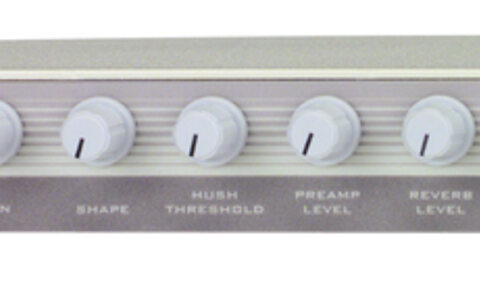
Rocktron's PC Preamp is designed to enable mic‑ or line‑level signals to be fed into the line input of a computer...

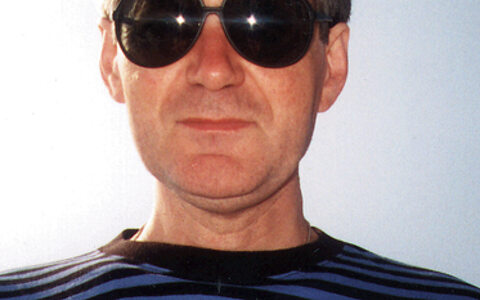
It's true that too much music sounds predictable and boring, says Ian Stewart, but it's too easy to blame technology the real reasons lie elsewhere.

In order to become a professional music recording engineer, you have to start at the bottom and work up. But in such a competitive business, how do you even get in at the bottom? David Mellor explores various possibilities.
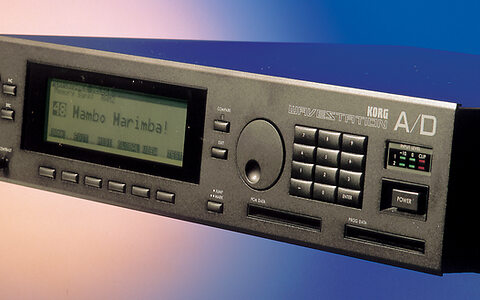
It seems everybody is talking about the millennium bug, but a far greater threat to the operation of our studios is already ticking away inside our effects units and synthesizers. Paul White gives a battery health warning.
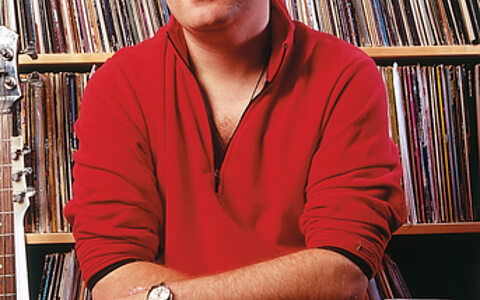
Catatonia's rise from indie obscurity to pop dominance seems unstoppable and, with the first single from their new album, they're even targetting Radio 2 listeners. Matt Bell talks to producer Tommy D about the track's transformation from Akai DPS12 demo to Top Ten hit.

This month sees Martin Walker meeting the men from Microsoft, burning CDs faster, listening to new SoundFonts and testing out utility software. Does he ever sleep?
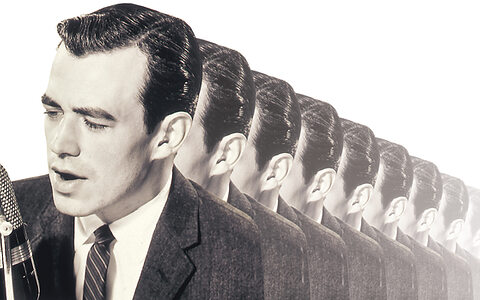
Paul White comes up with a few tips for using the processing power of your computer audio sequencer to turn one or two voices into a complete backing ensemble.

Multiple inputs and software-based mixers allow both audio and MIDI signals to travel some convoluted routes inside the PC. Martin Walker untangles his virtual cables to how best to get them out at the other end.

Martin Russ brings you more information about Mac plug-ins, and downloads two Software Development Kits.

Studio management software, Cubase mixer maps, sounds and editor/librarian programs for a range of older synths are all up for grabs as an Atari developer posts his previously commercial work for free on the Internet. Derek Johnson tells you what's available and keeps an eye on the Atari news scene.

Tracking down the information you need on the Internet can be a joy or a nightmare, depending on whether you're idly browsing or desperately searching for a small specific piece of information. In this month's Net Notes, Martin Walker passes on a selection of basic tips to make browsing easier.

Paul White presents 20 ways to ensure your studio runs smoothly. If only he'd taken notice of them himself, he might be managing Abbey Road by now!

Over the years many musicians have got started with a low-cost Creative Labs soundcard, but the latest upmarket Soundblaster Live! model is even more tempting. Martin Walker checks out the specs.

HHB's new CD-R appears to offer all the features we've always wanted in an affordable standalone CD recorder. Hugh Robjohns finds out if it delivers.

Pro Tools is virtually an industry standard for music production and post-production, even though its powerful mixing and signal processing capabilities have previously only been fully accessible through a computer screen. The recent introduction of Digidesign's own ProControl addresses that problem. Hugh Robjohns just loves being in control...

Multi‑pattern microphones traditionally have true capacitor capsules and are correspondingly relatively expensive — until now. We test AKG's affordable new C4000B, the first dual‑diaphragm, multi‑pattern mic with an electret capsule.
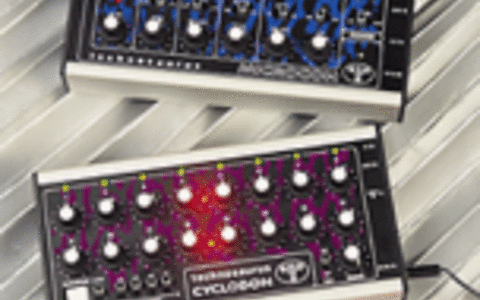
Gordon Reid gets twiddling with two small but perfectly formed analogue units aimed at the pockets — literally — of today's aceed‑hungry dancemongers.

The first single from the Manic Street Preachers' This Is My Truth Tell Me Yours album entered the UK charts at no.1 — even though the band had adandoned their traditional power‑chord approach in favour of acoustic guitars, string machines and unusual synth effects. We talk to Dave Eringa, the producer who oversaw this successful change of direction.